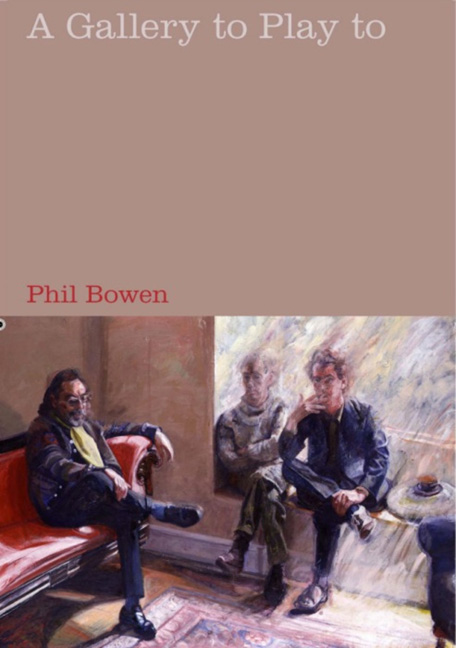Book contents
- Frontmatter
- Dedication
- Contents
- Author's Note
- Acknowledgements
- Introduction
- The Fifties and the Beginning of the Liverpool Scene
- Roger McGough 1937–1958
- Adrian Henri 1932–1956
- Liverpool 1957–1961
- Brian Patten 1946–1961
- 1961–1968
- The End of the Sixties
- The Seventies
- The Eighties
- The Nineties
- The Noughties
- Bibliography
- Index
The Fifties and the Beginning of the Liverpool Scene
- Frontmatter
- Dedication
- Contents
- Author's Note
- Acknowledgements
- Introduction
- The Fifties and the Beginning of the Liverpool Scene
- Roger McGough 1937–1958
- Adrian Henri 1932–1956
- Liverpool 1957–1961
- Brian Patten 1946–1961
- 1961–1968
- The End of the Sixties
- The Seventies
- The Eighties
- The Nineties
- The Noughties
- Bibliography
- Index
Summary
‘We're all artists. It's a shilling!’
To understand the sixties is to understand the period that provoked them. As described in Ian MacDonald's account of the Beatles’ music, Revolution in the Head, ‘any domestic film of the fifties conveys the genteel, class-segregated staidness of British society at that time. The braying upper-class voices on newsreels, the tired nostalgia for the war, all of which conspired to breed unrest among the young.’ John Lennon, in particular, loathed the decade's stiff and pompous soullessness, which may have been relatively comfortable for the generation that had endured the war, but was for the newly termed ‘teenagers’ a stifling time against which they reacted initially with rock'n'roll.
Fuelled by three closely connected events, there emerged in Britain between the years 1956 and 1958 a new and much-disputed ‘angry generation’. On 8 May 1956 John Osborne's Look Back in Anger opened at the Royal Court in London. This was closely followed by the publication of Colin Wilson's The Outsider. A leader in The Times linked both with Kingsley Amis, whose Lucky Jim had created a new anti-hero described as a ‘thoroughly cross young man’. Largely concerned with intellectual restrictions, the Angry Young Men came around the time of the Suez Crisis and went after Harold Macmillan's election triumph in 1959.
Less apparently significant was the opening of a club called The Cavern in Mathew Street in central Liverpool in 1957, only days after Anthony Eden resigned as Prime Minister in the wake of Suez, to be succeeded by the pragmatic Macmillan. Equally propitious was the ‘Beat Generation’ in America, whose heresy during the Eisenhower era, in a country of mounting racial tension, was a resonant foretaste of things to come. In September a state of emergency had arisen in Little Rock, Arkansas, when 200 of the National Guard's finest were ordered to prevent nine black children from entering a school. Two days later, Eisenhower had a stroke.
It was not only Little Rock that laid Eisenhower low. Coincident with ensuring that one small-town school could accommodate black and white children side by side, Eisenhower also had to cope with a small Russian Sputnik flying over his head.
- Type
- Chapter
- Information
- A Gallery to Play toThe Story of the Mersey Poets, pp. 5 - 14Publisher: Liverpool University PressPrint publication year: 2008

